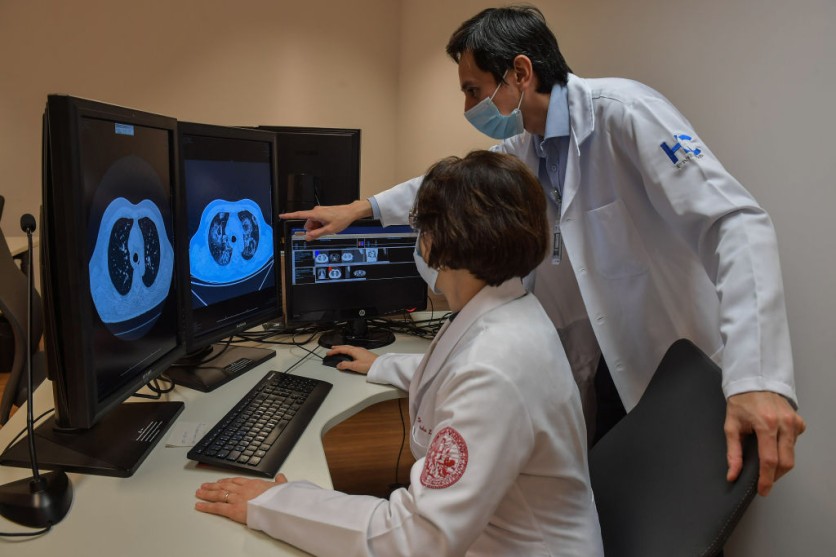An estimated 60% of Americans are uncomfortable about healthcare practitioners using artificial intelligence (AI) in medical care, according to a recent Pew Research Center survey.
The survey, which was conducted from Dec. 12 to Dec. 18, 2022, asked 11,004 US adults about their opinions on the use of AI in healthcare.

AI in Healthcare
The respondents voiced concerns about how quickly AI is being incorporated into healthcare. According to the study, the majority of Americans would prefer that healthcare professionals proceed cautiously with adopting AI.
But when it comes to healthcare, they are not entirely against AI. For example, they feel comfortable utilizing it to identify skin cancer; 65% said it may increase the precision of a diagnosis.
On a positive note, 40% of Americans believe that the employment of AI in health and medicine will result in fewer mistakes being made by medical professionals compared to 27% who disagreed to this claim.
Addressing medical errors is crucial in the field since a 2022 study claimed that such mistakes cost about $20 billion a year and causes about 100,000 deaths every year.
The majority of Americans who believe there is a problem with racial and ethnic bias in healthcare believe that if AI were employed more frequently to do tasks like disease diagnosis and treatment recommendation, the issue of bias and unfair treatment would improve (51%) rather than worsen (15%).
Yet, there is significant concern about how AI can affect the relationship between a patient and a health care practitioner. According to 57% of respondents, using AI to diagnose illness and suggest treatments will worsen the patient-provider relationship. Only 13% of the respondents say it would be better.
The survey also found that men, younger adults, and people with higher levels of education are more receptive to using AI in their personal healthcare.
When asked whether they would feel comfortable with AI being used in their own healthcare to make decisions about things like disease diagnosis and treatment recommendations, 46% of men say they would, while 54% say they would not.
Even more women express unfavorable opinions: 66% said they would feel uneasy if their healthcare practitioner relied on AI for their personal care.
Younger people and those with better incomes and educational levels are more receptive to using AI in their personal healthcare than other demographics.
"Move Carefully in AI Adoption"
But in every case, according to the survey, at least half of the patients show discomfort with their own healthcare provider using AI.
The results of the study shed light on the nuanced and occasionally varied perspectives of Americans on the use of AI in healthcare.
"Whether you've heard a lot about AI, just a little or maybe even nothing at all, all of those segments of the public are really in the same space," Alec Tyson, Pew's associate director of research, said in a statement with CNN.
"They echo this sentiment of caution of wanting to move carefully in AI adoption in health care."

ⓒ 2026 TECHTIMES.com All rights reserved. Do not reproduce without permission.




